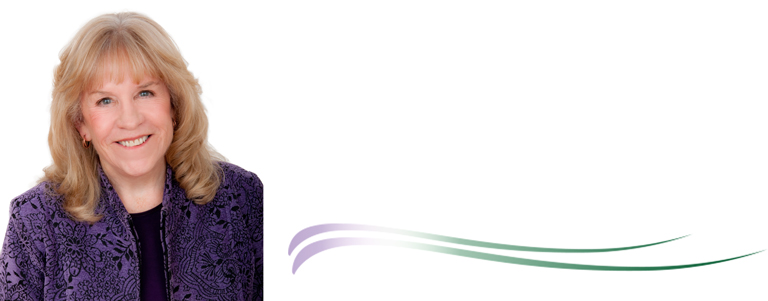Midge Murphy, JD, PhD, LLC, Energy Medicine
Professional Liability Risk Management Consultant, Author, Speaker





27 September 2021
As the use of energy healing methods by the public has grown significantly, both the federal government and a number of states have steadily moved toward considering regulating energy healing practitioners. Currently, Massachusetts has referred House Bill #350 and Senate Bill #221, respectively, to the Consumer Protection & Professional Licensure Committee. These bills, if passed, would require energy healing practitioners to be licensed in Massachusetts in order to practice. Other states are also making rumblings about licensing energy healing practitioners or at the very least, requiring energy healing practitioners to be registered.
This article is meant to provide a basic understanding of the legal and regulatory system that governs professionals who offer health care services to the public, including energy healing practitioners. It’s also intended to provide an understanding of how energy healing methods fit into the current health care field.
It’s critical to know that under the Tenth Amendment to the U.S. Constitution, each state has the right to pass laws and regulations to protect the safety and welfare of its citizens. A primary method of safeguarding the health and well-being of citizens is to license professions to ensure that basic levels of education, competency, and skills are established and maintained. All fifty states have medical and psychology practice acts, as well as other types of practice acts including, social workers, chiropractors, and nurses. The underlying regulatory value for health care licensing laws is the safety, protection, and welfare of citizens.
Energy healing methods fall under the umbrella of Complementary and Alternative Medicine (CAM), which is defined as a consensus term for healing methods, techniques, processes, and systems that have historically fallen outside established, recognized Western medicine. CAM methods are considered complementary or alternative healing arts in the United States. CAM includes both licensed healing arts practitioners such as chiropractors and non-licensed alternative healing arts practitioners such as Therapeutic Touch practitioners. Therefore, CAM methods fall into two categories, those that are regulated by state licensing laws and those that are not regulated. Chiropractic medicine is regulated in all fifty states in that chiropractors must be licensed in order to practice. There are other CAM methods that are regulated in some states but not in other states. These states require nutritionists (i.e., registered dietitians), massage therapists, naturopathic physicians, and acupuncturists to be licensed in order to practice. There are a multitude of unregulated CAM methods, including Reiki, Quantum Touch, the Emotion Code/Body Code, EFT/Tapping, shamanism, etc. The only exception to these being unregulated practices is that some states, such as Tennessee, require energy healing practitioners that incorporate touch to be licensed as massage therapists.
Over the past 100 years, medical licensing statutes have been construed broadly by the legal system resulting in licensing boards and courts finding that just about any type of healing work is considered the practice of medicine. This finding has occurred if the practitioner is addressing physical issues with a client. For example, courts have historically affirmed convictions of “laying-on-of-hands” healers for unlawfully practicing medicine. Psychotherapy licensing statutes have also been construed broadly resulting in licensing boards and courts finding that just about any kind of emotional work is considered the practice of psychotherapy. Thus, the legal paradigm mirrors Biomedicine’s historical view that alternative practices, such as energy healing methods, are deviant, suspect, or “on the fringe.” Therefore, a non-licensed energy healing practitioner faces the risk of being charged with the crime of practicing a licensed profession such as medicine or psychotherapy without a license. While this may be considered unfair by some energy healing practitioners, they still must operate under the current legal and regulatory framework that governs health care providers.
Besides the safety and welfare issues regarding licensure, there is another catalyst pushing states towards requiring licensure. Some states are reporting that sex traffickers have established energy healing practices such as Reiki as fronts for illicit businesses. For example, the Massachusetts’s state attorney general’s office reported seeing countless cases of these illicit businesses. Health and law enforcement officials say traffickers are able to avoid detection by taking advantage of the loophole in Massachusetts’s Massage Practice Act that exempts bodyworkers (i.e., energy healing practitioners) from licensure which allows their practices to be unregulated. So besides protecting the health, safety and welfare of citizens, licensing unregulated energy healing practitioners can give law enforcement a means to crack down on sex traffickers.
Whether or not you feel licensing of energy healing practitioners is appropriate or needed, states do have the right to license practitioners, such as energy healing practitioners, who offer their health care services to the public.